Israel"s gemstone market presents a fascinating anomaly amidst global trade dynamics. While the country"s overall ores and metals exports as a percentage of merchandise exports have slightly declined from 1. 62% in 2021 to 1. 41% in 2022, the gemstones segment remains buoyant. This resilience is underpinned by Israel"s strategic positioning as a global trade hub, particularly in polished diamonds and precious stones like emeralds and sapphires. Analyzing the economic indicators, Israel"s energy intensity has decreased from 2. 59 MJ/$2017 PPP GDP in 2020 to 2. 3 in 2022, indicating increased efficiency in production processes.
This trend supports the gemstone sector"s growth by reducing costs and enhancing competitiveness. Moreover, the external balance on goods and services shows a consistent surplus, rising from USD 16. 81 billion in 2020 to USD 15. 5 billion in 2022, reflecting a robust trade framework capable of supporting gemstone exports. However, the market is not without challenges. The manufacturing sector"s contribution to GDP has fluctuated, with a slight decline from 12. 16% in 2020 to 11. 48% in 2022.
This suggests an opportunity for diversification within the gemstones industry, particularly in high-value segments like charoite and chrysocolla, which have yet to be fully explored. To bridge these gaps and leverage Israel"s established trade networks, businesses should consider platforms like Aritral. com. As an AI-driven B2B platform, Aritral simplifies international trade in commodities and raw materials, including gemstones. By utilizing services such as Product Listing and AI-Powered Marketing, businesses can enhance their visibility and streamline communication with global partners, ensuring growth and sustainability in this competitive sector. "
-
 Walaa 4 months ago
Walaa 4 months ago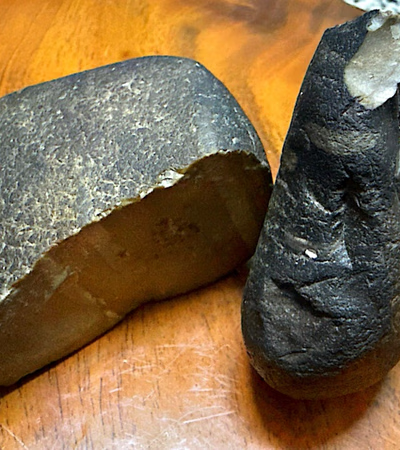 Israel
Meteorite Stone
Israel
Meteorite Stone
I own a brown stone with fingerprints, an external penetration crust. The external color of the stone differs from the internal color, tending towards...Details
-
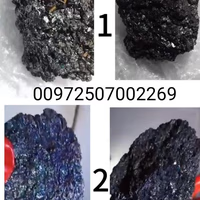 Salama 4 months ago
Salama 4 months ago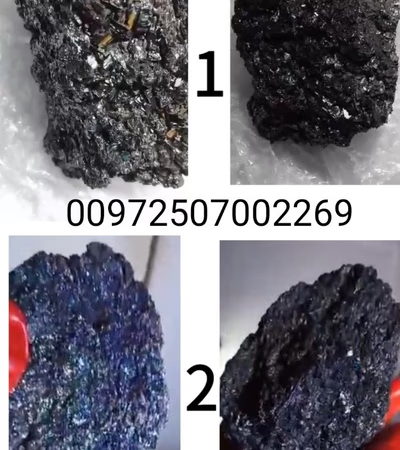 Israel
Diamond meteorite stones black and blue
Israel
Diamond meteorite stones black and blue
I have two diamond meteorite stones for sale, one is black and the other is blue. They are located in Jordan. Those interested can contact me on Whats...Details
-
 احجار كريمه 4 months ago
احجار كريمه 4 months ago Israel
Gems
Israel
Gems
Very small for examinationDetails
-
 Abdullah Jaber 4 months ago
Abdullah Jaber 4 months ago Israel
Meteorites and Stones
Israel
Meteorites and Stones
Meteorite StoneDetails
-
 Mansour Hamdan 4 months ago
Mansour Hamdan 4 months ago Israel
Agate Stones
Israel
Agate Stones
Orange and white agate stonesDetails
-
 Youssef Sharawneh 4 months ago
Youssef Sharawneh 4 months ago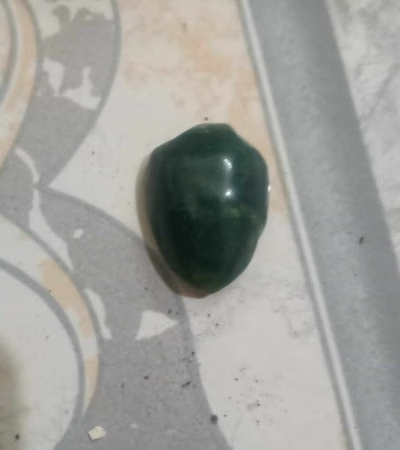 Israel
Gemstones
Israel
Gemstones
I want to sell these stonesDetails
-
 A&S For Accessories And Jewelry 4 months ago
A&S For Accessories And Jewelry 4 months ago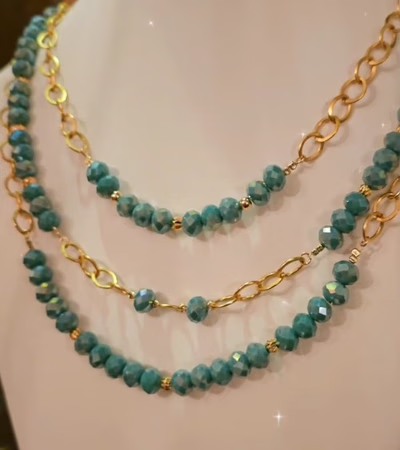 Israel
Accessories, gemstones, pearls, and crafting
Israel
Accessories, gemstones, pearls, and crafting
The shop markets handmade accessories made of pearls and gemstones, as well as crafting silver and gold-filled itemsDetails








